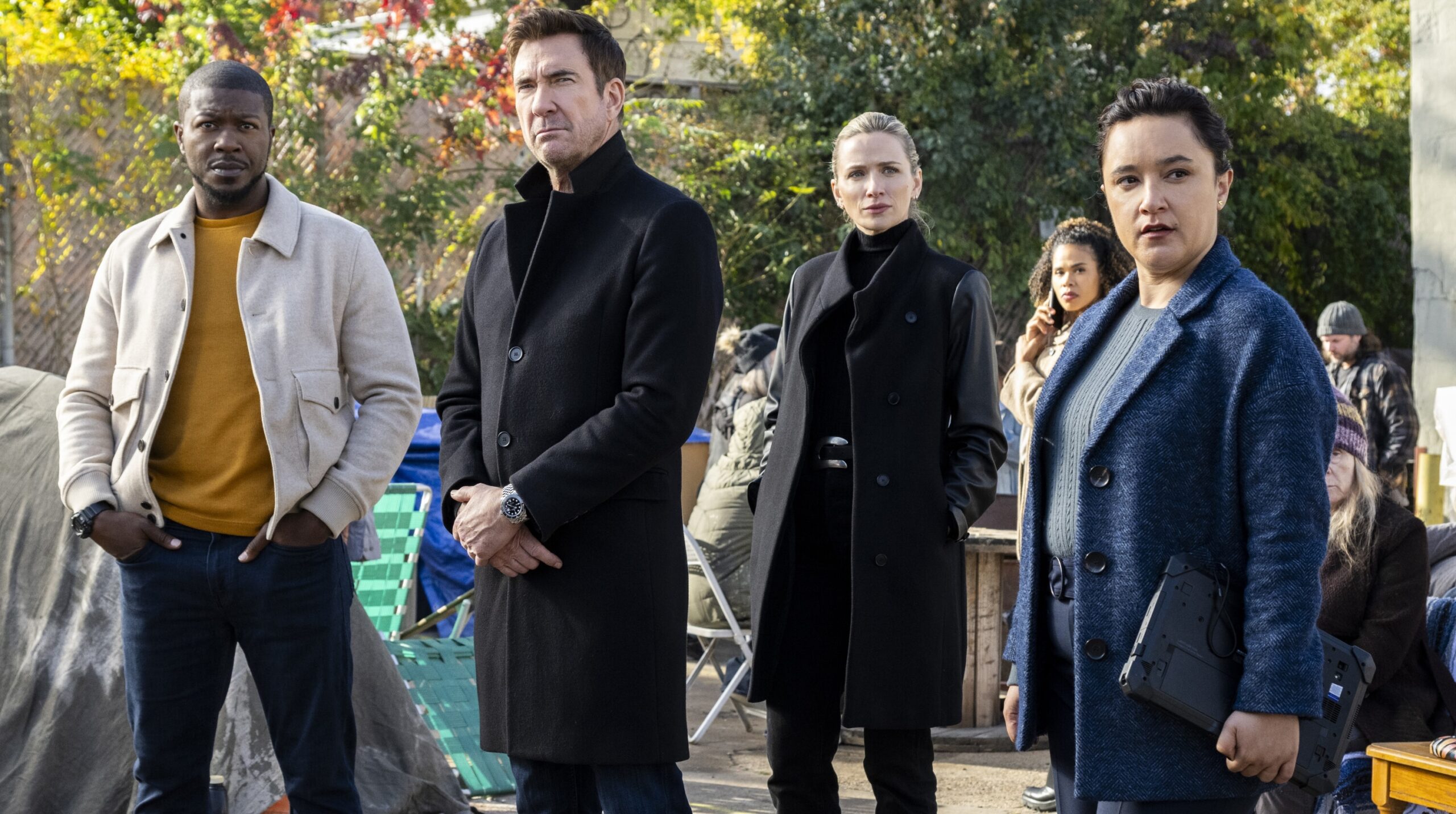Receive free UK politics updates
We’ll send you a myFT Daily Digest email rounding up the latest UK politics news every morning.
Labour leader Sir Keir Starmer on Tuesday told his new shadow cabinet the party had to prove it is ready for power in the UK, as he put his top team on an election footing.
Watching carefully and scribbling notes at the meeting at Church House in central London was Sue Gray, the former senior civil servant hired by Starmer to prepare Labour for government. “Things felt different,” said one shadow cabinet member.
Although Starmer warned colleagues against complacency — noting “not a single vote has been cast” — shadow ministers said there was a sense of a party mentally shifting from opposition to the prospect of power.
“It really felt like the starting gun for the long campaign for the general election has been fired,” added one member of Starmer’s team.
In Downing Street, meanwhile, Rishi Sunak was drawing up the political battle lines at his cabinet, in anticipation of an autumn of Conservative party conference, parliamentary by-elections and key Westminster set piece events.
The contours of the contest become clearer on Tuesday as the government announced a problematic by-election in former Tory minister Nadine Dorries’s once-safe seat of Mid Bedfordshire will take place on October 19.
Meanwhile, chancellor Jeremy Hunt announced his Autumn Statement, an important moment to try to regain the political initiative, will take place on November 22, with some Tory MPs clamouring for tax cuts.
Before that comes Sunak’s visit to the G20 in India this week, the Conservatives’ annual conference in Manchester in early October, and what is expected to be a highly political King’s Speech to parliament outlining the government’s legislative programme on November 7.
But with the government engulfed by the problem of crumbling school buildings in England and trailing by between 15 and 20 percentage points in opinion polls, the mood at Tuesday’s cabinet meeting was “obviously subdued”, according to one minister.
The presence at Labour’s top table of Gray, the former civil servant who conducted the inquiry into Covid lockdown parties in Whitehall during Boris Johnson’s premiership, was a signal of how Starmer hopes to be sitting in Downing Street before too long.
Two days into her job as Starmer’s chief of staff, the Labour leader wants Gray to plan for a transition to government after an election which party strategists believe Sunak could call as early as the summer of 2024.
“It’s hard to see how things are going to get better for the Tories, so why play it long?” said one shadow cabinet member.
Starmer’s shadow cabinet reshuffle on Monday involved the promotion or return of people who either served as ministers or advisers in Tony Blair’s Labour government, including Hilary Benn and Pat McFadden.
“Some of us knew Sue from when we were in government last time,” said one shadow cabinet member. Starmer’s hiring of Gray infuriated senior Tories and she was forced to take six months of gardening leave.
Starmer told the shadow cabinet that Labour’s annual conference in Liverpool would be a key moment to “show that we are ready as a party” and “have the answers the country so desperately needs”.
The Labour leader’s allies claimed the party will focus less at the conference on the supposed “13 years of failure” of the current Tory government and more on the opposition party’s remedies.
Those have often been hard to discern. Shadow ministers frequently appear in broadcast interviews to castigate the government, only to find themselves flailing on what Labour would do instead.
Starmer, under attack from the party’s leftwing for bringing “Blairites” into his team, knows he will be accused of failing to be sufficiently bold, especially if Labour’s poll lead narrows.
“Things get harder, always, towards the end of the race,” said Starmer. “We must keep our eyes on the prize.”
The Tory conference is seen by Sunak as a vital moment for him to “reset” the government, offering new policies to build on what he hopes will be a 2024 economic rebound.
“The plan is to be competent and see the economic wind change, which it will,” said one minister. “I can see the economic situation improve by the middle of next year.” Downing Street insisted the cabinet mood was “upbeat”.
Ministers expressed a mixture of relief and annoyance that an upgrade to official data by the Office for National Statistics showed Britain’s economic recovery was more robust than previously thought.
“It’s a scandal — if we’d known this, the economic narrative would have been different,” said one minister.
Downing Street said Hunt told the cabinet that the UK had now recovered more quickly since the Covid pandemic than France, Germany and Italy, claiming it demonstrated “the UK’s ability to grow its economy outside the EU”.
But Sunak is struggling to throw off the legacy of 13 years of Conservative rule, involving mistakes, scandals and — in the case of dangerous concrete in school buildings — a record of failing to maintain the country’s public infrastructure.
One minister said the handling of the issue by education secretary Gillian Keegan had been “dispiriting”, adding her expletive-filled complaint that her work was not appreciated was “not ideal”.
For Sunak, the problem at the moment is that any attempt to set the agenda is being knocked off course, giving the impression of an accident-prone or chaotic government.
“People are fed up,” said one minister. “We are dealing with legacy issues. There is a lot of noise around — it is proving very hard to resist.”


























































![Mason Ramsey – Twang [Official Music Video] Mason Ramsey – Twang [Official Music Video]](https://i.ytimg.com/vi/xwe8F_AhLY0/maxresdefault.jpg)



















![Young Colton, Del and Evelyn in 1974 [VIDEO] Young Colton, Del and Evelyn in 1974 [VIDEO]](https://tvline.com/wp-content/uploads/2025/01/the-way-home-season-3.jpg?w=650)
